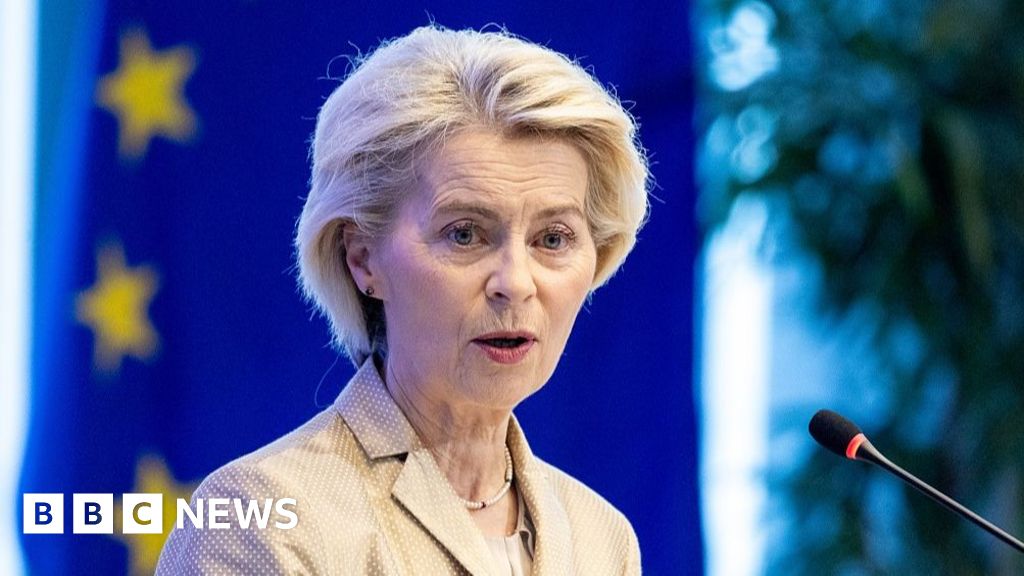Artificial intelligence (AI) is on track to revolutionize global trade over the next two decades. According to a recent World Trade Organization (WTO) report, AI has the potential to boost global trade by nearly 40 percent by 2040. The report highlights how AI can streamline supply chains, improve efficiency, and open new markets for businesses worldwide.
AI’s Impact on Global Trade and Economy
With the growth of AI-driven technologies, businesses can automate processes, predict market trends, and enhance decision-making. The WTO believes that these advancements will lead to increased GDP and better access to global markets. However, the report also warns that inclusive policies are crucial. Without them, the rise of AI could widen the gap between developed and developing economies, deepening existing economic divides.
The Need for Inclusive Policies
To ensure everyone benefits from this technological revolution, governments and organizations must implement policies that support education, skill development, and infrastructure improvements. By fostering an inclusive approach, the world can harness AI’s potential to create new opportunities and reduce inequality.
Sources:
Source

 The service brought together clergy, students, and members of the British expatriate community.
The service brought together clergy, students, and members of the British expatriate community. 






